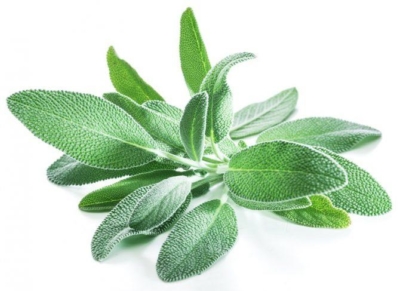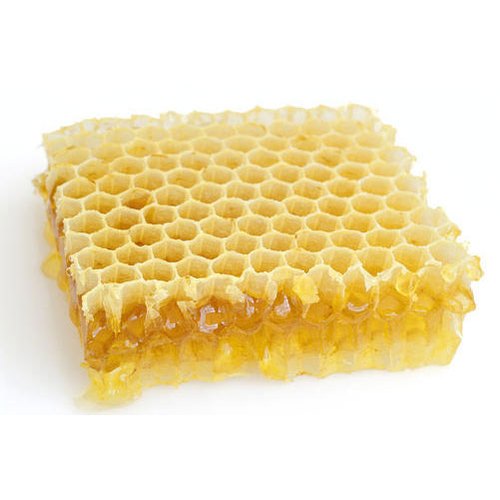Botanical Herbs For Oral Care
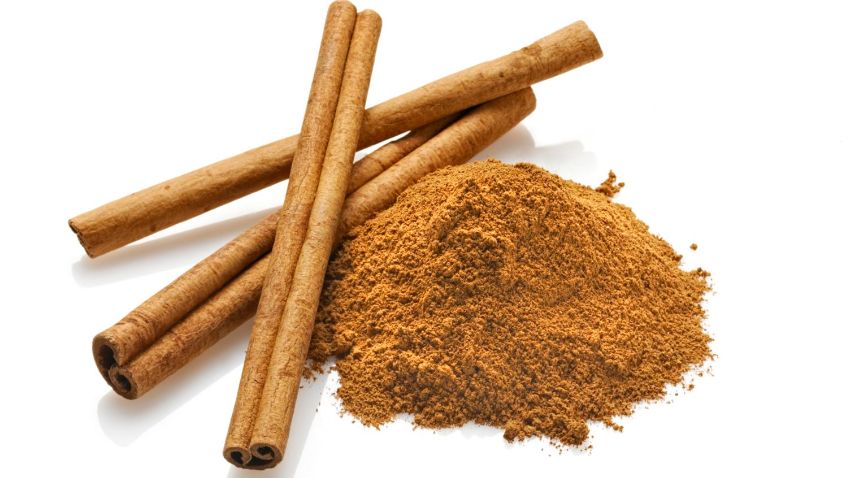
Frau Fowler has always been dedicated to the use of natural remedies, all-natural herbs, and essential oils and how they can be prepared to create health and well-being when used daily in personal care.
Botanical herbs for oral care include a very wide variety, but below we’ll discuss some of our favorite ones!
Did you know that peppermint and cinnamon have been used for centuries to freshen the breath and moderate inflammation in the mouth?
We understand that getting used to what natural actually tastes like, vs artificial can be shocking to some at first...but it’s interesting how once you began to understand it, experience the results, you gradually get used to it, and even crave it!
It’s beneficial to introduce more antimicrobial action into a mouth to address acute, short-term changes in the health of the mouth, and/or body. There might be acute inflammation after a dental cleaning, filling, or extraction or when someone has a cold or flu…or COVID, for that matter.
Cinnamon and Clove – excellent botanical herbs for oral care!
Cinnamon and cloves are both highly antimicrobial, cinnamon being one of the best oils due to its ability as an antimicrobial, antibacterial, antifungal, and antiviral. It’s why we typically use a lot of cinnamon in our product (we have a cinnamon-free version coming soon, for those who are too sensitive to it).
Cinnamon is a also a circulatory stimulant, which means it helps the healthy blood flow in the gums, oxygenating soft tissue.
Botanical herbs for oral care, include sage!
Do you grow sage?
Sage is a profoundly useful antimicrobial herb. You can make delicious Morrocan sage tea at home, or create teas and decoctions into useful mouth rinses! Try it this summer.
Botanical Herb For Oral Care – Honey!
Beeswax has stood the test of time as a tooth-filling material for thousands of years! Remains through the centuries have contained beeswax fillings, with the oldest remains dating being 65 centuries-old (Neolithic)
We use a lot of botanical herbs for our oral care products. What’s good for teeth is sometimes not good for the gums. We get questions from our fans and we include Q & A feedback, so others can see our answers! If you have tooth powder questions, check out our tooth powder oral care Q & A.
 Q. Quick question for you. Wondering if you’ve heard of “G**** Gums” powder and if so, how your two products compare? Just like to hear from the source! 🙂 Hope you are staying healthy and well!
Q. Quick question for you. Wondering if you’ve heard of “G**** Gums” powder and if so, how your two products compare? Just like to hear from the source! 🙂 Hope you are staying healthy and well!
Also, do you have any products protective of both enamel AND gum?
A. That’s a great question. I looked up the ingredients to that product.
Vit C isn’t a great ingredient for teeth, but it’s totally great for your gums. I would take C orally, but I would not brush with it.
What’s good for gums, is not always good for teeth. Most of this has to do with alkaline vs acidity. Vitamin C is very acidic, but is an electron donor so it can help heal gums by providing support with electrons.
Our toothpowder (not to be biased here) is going to be way better. The reason why is because everything in our product is good for teeth and gums, without having to worry about the acidity component. Their product uses the powdered form of herbs and these are not going to be NEARLY as potent as the actual oil itself. Oils are highly alkaline, high powered antioxidants (like that of C in some regards) and also have massive properties towards mitigating infections (bacteria and everything in between).
All of our tooth powders are great for the gums and teeth. I would lean towards Mouth Medic or Licorice Mint, for ultra “this and that.” Don’t let Licorice Mint scare you, it’s not licorice at all, more like a very sophisticated mix of flavor. It’s yum.
 Q. I am so excited about your products. They were introduced to me by my sister who gifted me the tooth and gum powder. From there, I chose to explore.
Q. I am so excited about your products. They were introduced to me by my sister who gifted me the tooth and gum powder. From there, I chose to explore.
Adding the tooth powders to my daily routine feels amazing. The great taste lasts forever and I feel the benefits of a clean brushing. I read in the instructions that the brush should be dry at the beginning of each brushing.
If the brush is wet does that have a particularly ill or non-responsive effect on the alkaline/mineral properties of the powder?
Also, does mild rinsing after brushing do the same?
Our daily brushing routine ends with our brushes being cleaned by soaking them in water and baking soda. So when we begin brushing in the morning and before bed our brushes are wet with a solution of water and baking soda. Also, I do a mild, mindful rinse after I brush.
Thank you again for this most excellent product. I look forward to hearing from you.
A. There is nothing wrong with using a wet brush, we just encourage you to use a dry one because your results will be that much better. Dry brushing is clinically proven more effective than wet. If you wet the brush and dampen your powder, it may congeal at some point if the humidity/temp is extreme. The powder will stick to a dry brush.
Mild rinsing is okay if that’s your preference, but again, you will get WAAAAY better results by not rinsing because all of the good stuff you just brushed with, lingers in the mouth and prolonged benefits are obtained. One of the smartest things we’ve done was to create a product you could “eat” and leave in your mouth after brushing. Tap water is almost always acidic. You can purchase a pH strip test for cheap and test your own water so you can see for yourself.
For cleaning toothbrushes, to be quite sincere here, the powder does clean your brush to a certain point when just using it with our powder. What you’re doing is not necessary. If it makes you feel better, you can rinse under the faucet and this typically helps break up the brush so it’s softer when it drys out, for the next use.
For rinsing, again it’s not necessary at all. If you want to get food particles out, rinse FIRST and then brush. The product is literally everything you need for gum and tooth health, even more so when you’re not rinsing!
